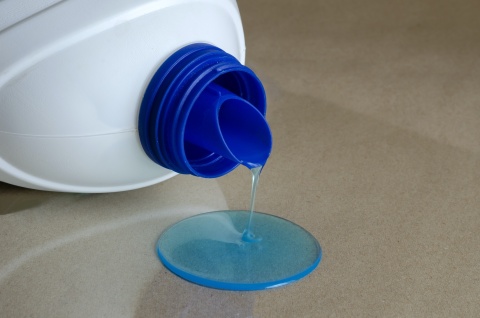
“If we make these surfactants from fossil fuels now and you could make them from waste plastics, then you are not using fossil fuels to make surfactants anymore, and you’re getting another use out of the carbon that went into the plastics,” said chemical engineering professor Susannah Scott, who holds UCSB’s Mellichamp Chair in Sustainable Catalytic Processing.
For researchers at UC Santa Barbara, one person’s single-use packaging is another person’s useful raw material. In a paper published in the journal Chem, they have reimagined the value of single-use plastics, with improvements to an innovative process that can turn polyolefins, the most common type of polymer in single-use packaging, into valuable alkylaromatics — molecules that underlie surfactants, the active components of detergents and other useful chemicals.